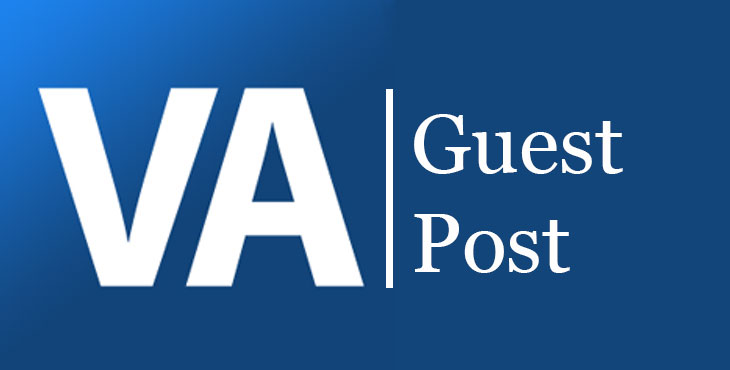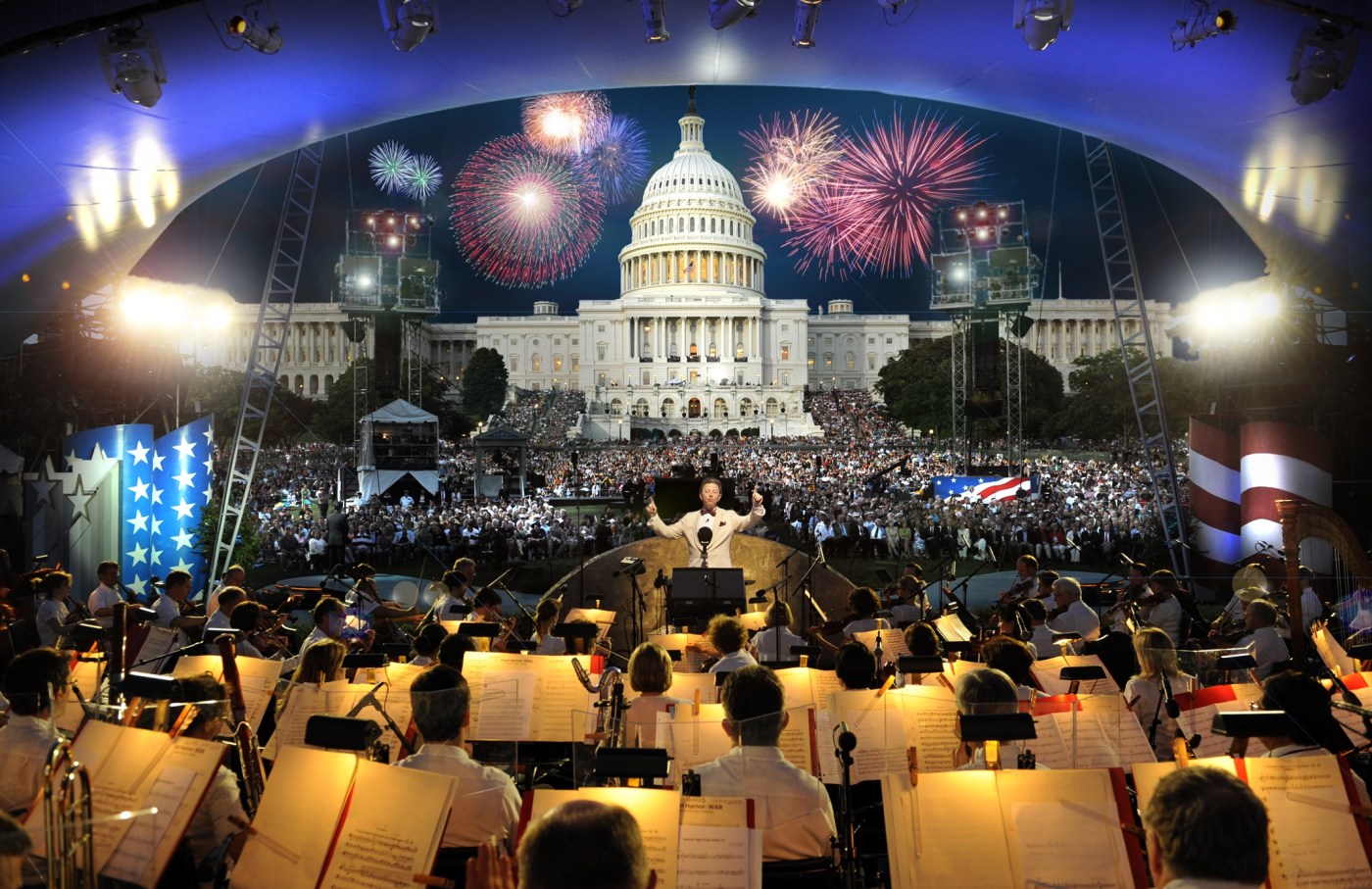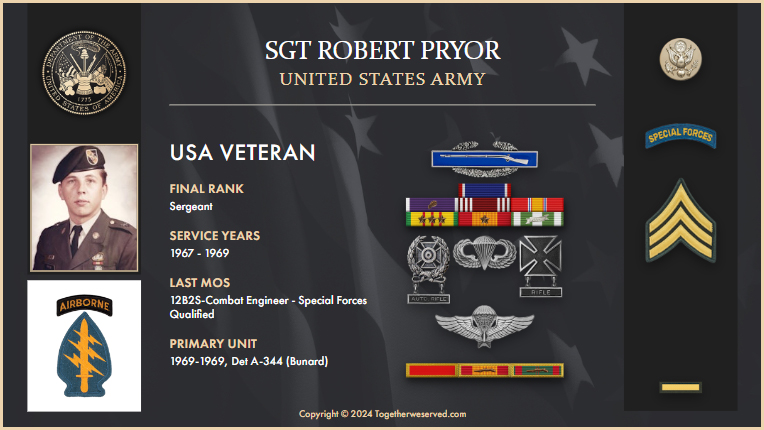Last week, a student veteran who was shot multiple times while serving in Iraq was heckled while delivering a statement during one of Columbia University’s ROTC debates. A story was written in the NY Post, which gained traction on social media sites (especially among Veterans) and made national news. Since then, commentators have used the story as a reflection of liberals generally and the atmosphere at Columbia University specifically. Reportedly, hecklers have received death threats, and the anti-ROTC camp felt the need to organize their own, separate panel to discuss opposition to ROTC on campus. (It is important to note that the student-Veteran organization at Columbia–MilVets–which is in favor of reinstating ROTC, released a statement of support for Columbia University that said the behavior of the hecklers does not reflect support for Veterans on campus.)
The debate that is happening at Columbia is important, as it makes sense to discuss the potential outcomes of reinstating an ROTC program. Unfortunately, both camps seem to be talking past one another. Instead of discussing the merits and drawbacks of providing students the opportunity to attend school and serve their country through an ROTC program, commentators from both sides are stating their positions on the inherent “good” or inherent “evil” of the military as an organization or its function in US foreign policy. Simply stated, if a person shows up to the ROTC debate with an anti-military attitude, they will not be in favor of reinstating ROTC. Similarly, a pro-military person would be in favor of its return.
One of the things that I’ve learned since leaving the Army is that for the most part, fundamental beliefs on the use of violence and military force are irreconcilable. That is, if a person is a pacifist, it doesn’t matter what argument you bring to the table regarding the benefits of ROTC, they cannot be convinced.
Nor should they be convinced. Everyone has a right to their own beliefs, and we live in a world where learning to live with people who think differently is important, and a key skill in keeping sane.
That said, not all those in the anti-ROTC camp are irreconcilable pacifists. Even with the repeal of “Don’t ask, don’t tell,” there are still legitimate concerns regarding the military’s policy on allowing transgender people to serve, and the right to benefits for veterans who are transgender.
But that brings me to the larger point–the growing gap between the public and its military. This is popularly referred to as the “civilian-military divide.” Concerns about this gap are not new, but have become more apparent in recent years (see here and here, and if you have the time, read this piece by Tom Ricks from 1997 for a real deep look).
Unfortunately, the alarms are being rung mostly by those within the military community itself. That’s because it is those who serve who can actually see the divide. A friend of mine wisely told me “Civilians do not see themselves as ‘civilians’ as an identity until faced with someone from the military who reminds them.” (She is a civilian)
As someone very invested in the lives of Veterans, I always view these alarms of a growing divide with frustration. There’s a growing divide? Okay, so what are we going to do about it? The problem is clear, but the solution is not. The seemingly obvious solution would be to re-institute the draft, therefore allowing for wider participation from all segments of American society. But this wouldn’t actually solve the problem. Yes, a wider portion of American society would participate in military service, but the proportion that would serve would still amount to less than one percent of the population. Most Americans would still be out of touch with their military.
So what can be done?
First off, we need to understand that there is no answer. There is supposed to be a gap between the civilian and military world (it’s designed that way, after all). In a perfect world, citizens would intrinsically care and keep themselves informed of issues relating to the military and veterans and involve themselves through direct service or donations to Veteran Service Organizations (like IAVA and the VFW).
Of course, that’s not going to happen. It is my belief that the civilian-military gap has grown due to the lack of contact between military/Veterans and civilians. Military bases are for the most part, self contained units located far from major cities. And the nature of a smaller, all-volunteer military means that fewer and fewer Americans actually know someone, much less have a relative, who is serving.
So how do we increase interactions between the civilian and military world?
That’s where we get back to ROTC. For many people, college is where they find themselves. Young adults are away from their parents and experiencing new ideas and meeting new people. Before college, interactions with the military are limited to stereotypical Hollywood films and marathon Call of Duty sessions. Google “Medal of Honor.” Chances are the first few links will be about the video game, not the nation’s highest award for valor.
ROTC offers an opportunity for both the future officer and the civilian student to interact with one another, in an environment that fosters the free expression of ideas. Officers will go on to serve their country with the benefit of having been exposed to different mindsets and ideas (than they would find in the service academies, for example) and civilian students would come a bit closer to understanding what the military is all about by taking classes with future military leaders. At the very least, ROTC on campus can help distill the idea of the military as an abstraction by putting an actual human face (probably a goofy, young college face, like that of most college students) on its future leaders.
Why do I think this would help? I’ve seen it work on a smaller scale at the City College of New York. CCNY no longer has an ROTC program (for now), but we do have a large and vibrant Veteran community, and the City College Veterans Association. Besides functioning as a community for student Veterans and assisting in their transition to college life, the group collaborates with other student organizations for school events (most recently in setting up a Lasagna Cook-Off – civilians and Vets, baking together!).
While I think interactions between Veterans and civilians on campus are good and can help bridge the gap a bit, it isn’t the same as the interaction between a uniformed ROTC student who is representing the military and a civilian. Veterans know what the military is all about, but they’re also outside of the system and represent themselves. ROTC cadets, on the other hand, are on their way in, and represent the military.
Given all the lip-service that the civilian-military divide has received recently, it would be a shame to keep ROTC off campuses like Columbia and CCNY. ROTC programs are one small venue for bridging the civilian-military divide. And speaking from experience, life on Manhattan island is about as far from military service as you can get.
Don Gomez is a two-tour Iraq War Veteran. He graduated from City College with a BA in International Studies in 2010. He is now attending the School of Oriental and African Studies pursuing an MA in Near and Middle Eastern Studies.
Topics in this story
More Stories
Summer can be a joyful time of year, but some outdoor activities can be hard for some Veterans. In this guest post, former VA Secretary Bob McDonald shares resources and plans to navigate summer activities.
"A CAPITOL FOURTH" airs on PBS Thursday, July 4, 2024 from 8:00 to 9:30 p.m. E.T.
The following is an account from Army Veteran Robert Pryor on how he was able to find and reconnect with the pilot who saved his life in Vietnam.








I recommend all to read the perspectives and commentary by Marco Reininger a Veteran of the war in Afghanistan and a political science major at Columbia University’s School of General Studies. If anyone had an equity in what occured, he did.
ROTC at Columbia University: Regarding the Heckling of a Veteran
Huffington Post
http://www.huffingtonpost.com/marco-reininger/rotc-at-columbia-universi_b_826627.html?view=print
Good writeup, though it’s a red herring to discuss the media reaction and not the event itself.
Don, terrific post. I appreciate your careful articulation of a point of view I wholeheartedly support. As an ROTC graduate, I always appreciated the opportunity to “live in both worlds” that ROTC granted me. I thoroughly enjoyed my military service and know that I am stronger, smarter, and better because of it. BUT, I believe the same is as true of my college experience. The opportunity to bring the two worlds together as a veterans services coordinator at a university is truly the best outcome I could have hoped for here. It is truly my honor to serve my military brothers and sisters as they pursue higher education. Here’s to more ROTC programs!
Once again, it seems that liberals believe in individual freedom only when it fits their agenda. Please see the reference below, particularly numbers 4 & 5.
To me, to be truely liberal, you must support the offering of the maximum amount of choices to all members of society to ensure the greatest amount of choice to participate in life.
This ROTC issue does not represent liberalism and the advancement of ideals as much as the sensorship of ideas being presented. It limits choice based upon a minority opinion. Undoubtably, a sad state of affairs when institutions who claim they are liberal learning centers become instead self proclaimed elitists who want to dictate the availability of knowledge because they believe they know what is best for society.
From http://dictionary.reference.com/browse/liberal
lib·er·al /ˈlɪbərəl, ˈlɪbrəl/ Show Spelled
[lib-er-uhl, lib-ruhl] Show IPA
–adjective
1. favorable to progress or reform, as in political or religious affairs.
2. ( often initial capital letter ) noting or pertaining to a political party advocating measures of progressive political reform.
3. of, pertaining to, based on, or advocating liberalism.
4. favorable to or in accord with concepts of maximum individual freedom possible, especially as guaranteed by law and secured by governmental protection of civil liberties.
5. favoring or permitting freedom of action, especially with respect to matters of personal belief or expression: a liberal policy toward dissident artists and writers.
6. of or pertaining to representational forms of government rather than aristocracies and monarchies.
7. free from prejudice or bigotry; tolerant: a liberal attitude toward foreigners.
8. open-minded or tolerant, especially free of or not bound by traditional or conventional ideas, values, etc.
9. characterized by generosity and willingness to give in large amounts: a liberal donor.
10. given freely or abundantly; generous: a liberal donation.
11. not strict or rigorous; free; not literal: a liberal interpretation of a rule.
12. of, pertaining to, or based on the liberal arts.
13. of, pertaining to, or befitting a freeman.
If the debate is what veterans do for this country and every other country in the world then why do all these liberals sit in front of a tv and play Call of Duty and all the other military related games? Some of the most popular movies about combat are portrayed by actors that never served a day on active duty! Check your facts before you go to the debate and if you want to bring back the draft that’s fine to but all that will do is send people of poverty and what was the middle class to combat again. The Arisocrats have lost their taste for war which is nothing new I could list them all! And then check out all the politicians riding the backs of Vets and claiming Veteran status to gain an edge for office.
What can be done to hecklers in the NYC area? The military and the Government need to communicate that their state and neighborhood was ATTACKED and that over 3,000 people lost their lives in NYC. I am surprised that NYC students are heckling about a war that resulted from the attack on their own city. I am shocked because the 3,000 lives lost were civilians working and living and had nothing to do with military activities.
If you want anyone to take your opinion seriously you need to get your facts straight and think about what your going to say. (write)
One, there were less than 3,000 people that died at the World Trade Center on 9/11
Two, there were less than 3,000 people TOTAL including the Pentagon attack and the plane crash in Pennsylvania
Three, people from all over the world come to study at Columbia University so there’s nothing to say the hecklers were New Yorkers.
Good insight. Appreciated your point of view.